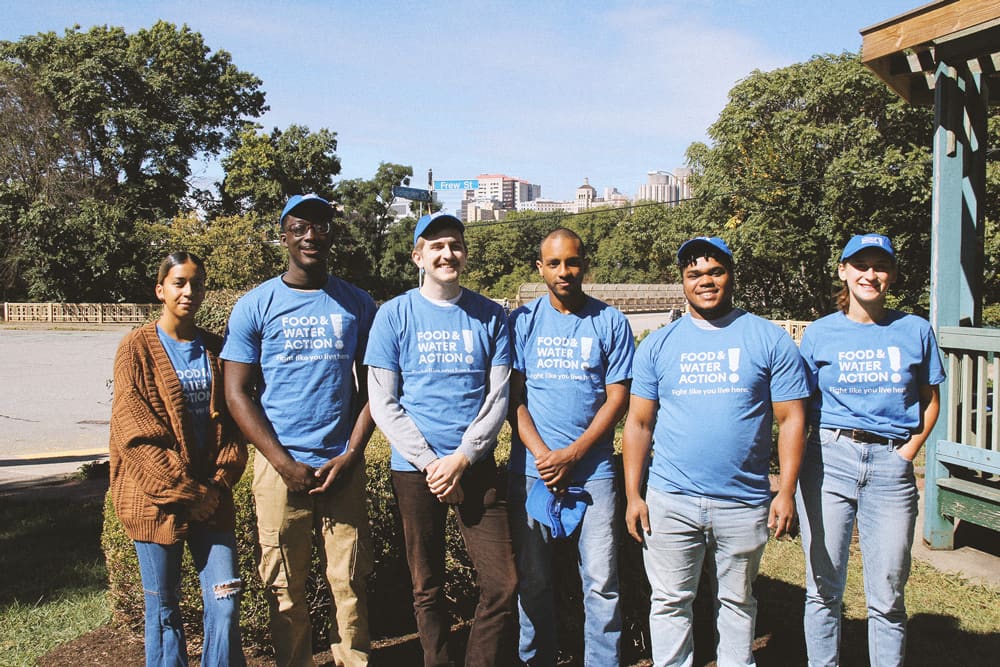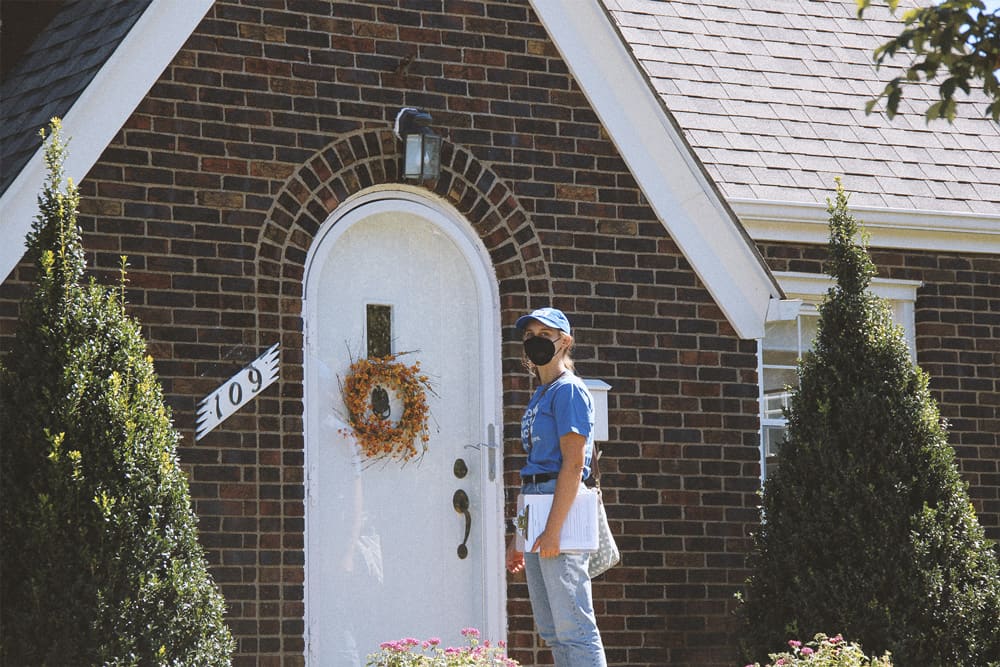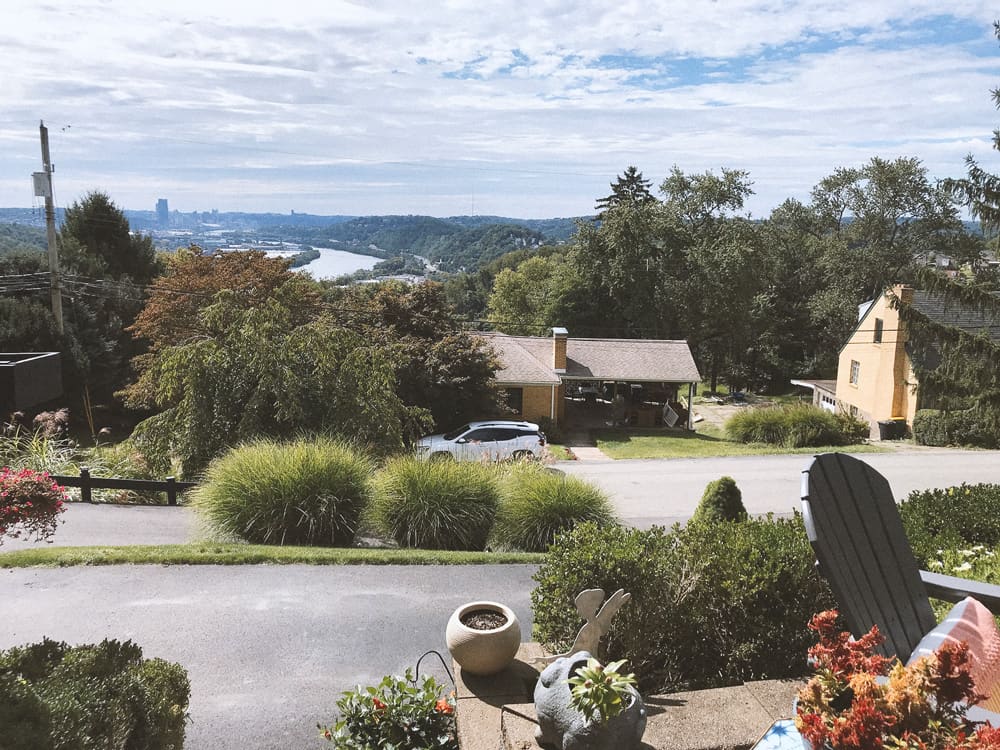ClimateVolunteer Story
by Angie Aker
I first saw Ginger Goepper in a short piece of footage a few years ago. The Florida gubernatorial race was in full swing, and Food & Water Watch staffers and volunteers were busy tracking candidates’ every move. They had a goal — to get every gubernatorial candidate to pledge to oppose the toxic, damaging practice of fracking in their state. Ginger (a Pinellas County volunteer) had finessed her way into getting Ron DeSantis, a Trump-picked Republican contender, to commit to opposing fracking on camera.
What I didn’t know then was that the short piece of footage would turn out to be so pivotal in a campaign that some said would be impossible to win. And I didn’t know the path that led Ginger to that moment, or how much internal fortitude the retired public school teacher had to summon to make it happen. I spoke with Ginger recently to find out more about how she got involved with our fight, and her story gave me goosebumps. What I found was a woman who is locked onto her mission. She volunteers as a labor of love and is fiercely determined to follow in the footsteps of other conservationists before her.
How did you get involved with Food & Water Action in Florida?
My husband Eric, who I adore, found a program on PBS a few years ago that he thought we would like to watch together because it was about the environment. It was called “Dear President Obama.” After I watched that program I was so shocked and devastated that I decided to do some research on fracking. In the process, I knew I wanted to get involved with Food & Water Action because I had seen how effective the organization was at getting fracking banned in specific states and the one I was most impressed with at the time was New York, and they had strong connections in Southeast Florida as well. So I thought well, there’s a very active group in Southeast Florida, I think I’ll go to social media and try to find out if I can help. It was at that point I located Michelle Allen who is our Florida organizer, and I started volunteering with her, and later began to work with Brooke Errett. They have been wonderful mentors. They have been coaching me to give me the confidence I needed to do what I have to do to ban fracking and protect people from this toxic poison.
How does your community see you and the work you do to ban fracking?
I think when a person decides they want to get involved with Food & Water Action, they have to think about “the why.” Why am I doing this? It doesn’t matter how other people perceive you. What matters is that you are on a mission to protect people from toxic poison. And if you acknowledge that you are on a mission to protect people, nothing else matters. It doesn’t matter if they see you as a maternal/paternal figure, a hyperactive activist, a radical leftist, or an obnoxious noisemaker. It doesn’t matter how other people see you because you are sharply focused on your mission. You put your blinders on and you move straight ahead because you’ve got to protect people and that’s what drives me.
What benefits do you get out of partnering with Food & Water Watch?
Great leaders like Michelle Allen and Brooke Errett are a guiding light for me. They give me a sense of confidence. When they coach me, they do back and forth and they help me to see that I have to move quickly, this is a swift process, that I have to be polite and courteous. We can get a lot further if we’re polite — if we’re rude they just call security. Michelle and Brooke have cultivated that approach very successfully and taught me how to be successful in getting results. For me, my satisfaction comes when we get good results. We had two sponsorships of ban fracking bills last year and two more this year, and to me that’s a measure of success. But the crowning achievement was getting an executive order from our new governor to ban fracking.
What were you thinking the day you got him on camera pledging to support a ban fracking?
I spoke with his lovely wife Casey first. She asked me who I was with. I told her Food & Water Action and that we’re trying to protect people from toxic poison. I asked her if her husband knew about us and she said she wasn’t sure but she would ask him. She smiled and politely moved on to another voter. I realized then that if I don’t move forward on this it won’t happen. Change only happens if we make it happen. So I gently and cautiously tip-toed to the edge of the railing and waited for him to glance in my direction, and very gently and cautiously put my hand out. So here I am, a sweet little old lady with gray hair, smiling pleasantly to shake his hand. He came over and then I remembered exactly what Brooke told me — ”don’t let go of his hand until you get your answer.” I remembered Brooke’s coaching, telling me to thank him for supporting a ban of offshore drilling on our Florida coastline, and then immediately said, “Do you also support a ban on fracking in Florida?” It was extremely crowded and noisy, and it was hard for him to hear me, but he emphatically said yes. Then he let go of my hand and my job was done.
Amazing! Thank you so much for doing that. What are some of the places in Florida that are near and dear to your heart that will be protected by a ban on fracking?
Well, first I want to give credit to two of our local ladies who I am extremely proud of. My commissioner Kathleen Peters. She supported a fracking ban bill in the Florida House. And Dana Young who is a Florida senator from the next county authored and pushed through three committees a ban fracking bill. It is because of these trailblazers that public awareness grew until we reached a tipping point. We don’t get ahead with giant leaps. We get ahead with small baby steps, and these small baby steps are what paved the trail to this thrilling moment where we know that our sacred spaces will be protected.
Three protected spaces that are near and dear to my heart are the Chassahowitzka River — it is pure, 100% natural. Another beautiful place is Rock Springs Run. The third place is Dogwood Spring.
Regardless of party affiliation, we all want a safe, clean environment. One outstanding leader who I cannot end this conversation without mentioning is the late Nathaniel Pryor Reed. He is a Floridian credited with authoring the Clean Water Act and the Endangered Species Act. I have reached out to Florida leaders with a pictorial booklet I created in his honor, in an effort to reach their hearts and help them realize we have so much to lose. If we don’t get busy and ban fracking in Florida it would destroy everything we cherish. We just can’t let that happen. One of the songs that inspires me is “Big Yellow Taxi” which talks about “paving paradise to put up a parking lot.” We can’t let that happen.
What else do you want to share, Ginger?
It’s important for your readers to know that they too can help. Many drops can fill a bucket and before you know it you have a gallon. It’s all of us contributing — maybe an hour of phoning from home, maybe a Saturday morning picketing, in whatever capacity you feel comfortable. If you work full time, you could do something for maybe an hour on the weekend. Each one of us who feels strongly against pollution can do something even if it’s just an hour a week to try to fight toxic pollution caused by this industry and others. All you have to do is pick up the phone and talk to people. The light bulb will go on and you will see the mission we are on. We are all in this together.
Every donation helps us fight for a livable future.
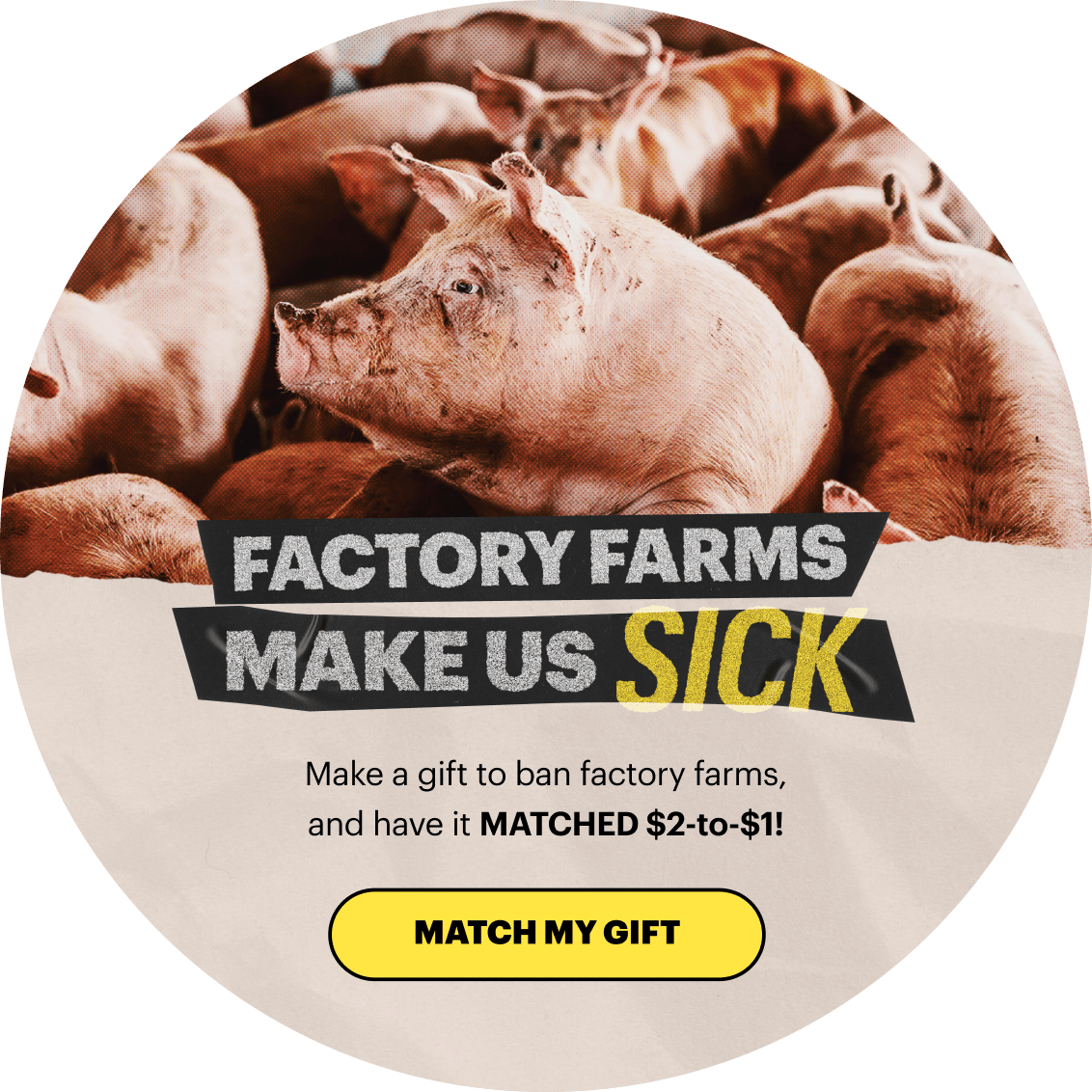
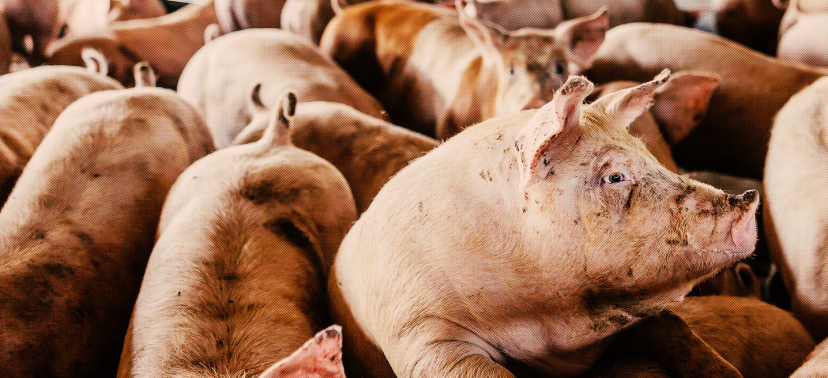
FACTORY FARMS MAKE US SICK
Make a gift to ban factory farms ~and have it MATCHED $2-to-$1!


